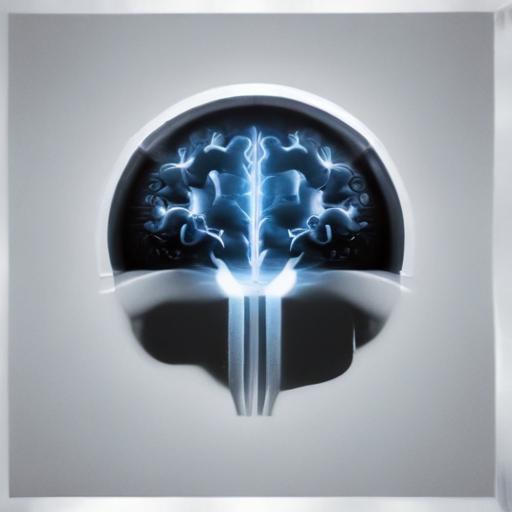Dean I. Weitzman, a prominent car accident attorney in Philadelphia and managing partner at MyPhillyLawyer, is gaining recognition for raising awareness about the often-overlooked impacts of mild traumatic brain injuries (mTBIs) in car accidents. His profile on OK! Magazine highlights his dedication to addressing these “invisible” injuries, which frequently escape notice due to the lack of visible symptoms post-accident.
With a remarkable track record of recovering over $1 billion for his clients, Weitzman distinguishes himself by focusing on injuries that do not always manifest outwardly. He emphasizes that the term “mild” in mTBI is deceptive, stating, “There’s nothing mild about an injury that can change the course of a life.” Research has shown that nearly half of mTBI patients do not return to their baseline health within six months of their injuries, underscoring the serious nature of these conditions.
Weitzman’s approach involves a thorough examination of medical records and a commitment to connecting clients’ experiences with relevant scientific evidence. He holds insurance companies and medical professionals accountable, particularly when they dismiss non-visible injuries as insignificant. His advocacy is particularly crucial given that motor-vehicle accidents remain a leading cause of TBIs in the U.S., and mild cases are often inadequately addressed by healthcare providers and insurers.
Beyond his legal practice, Weitzman is a well-known figure in greater Philadelphia, bolstered by visible advertisements for MyPhillyLawyer and his role as the host of Court Radio, where he shares vital legal insights with the community. This platform enables individuals who might not typically consult a lawyer to access necessary legal advice.
Weitzman’s ongoing commitment to championing the rights of those affected by mTBIs illustrates the importance of recognizing and validating injuries that lack visible signs. His mission goes beyond seeking fair compensation; it strives to ensure acknowledgment, respect, and healing for those living with the impact of these often-ignored conditions. Through his efforts, there is hope for a greater understanding of the complexities surrounding mTBIs, fostering a more supportive environment for affected individuals.
